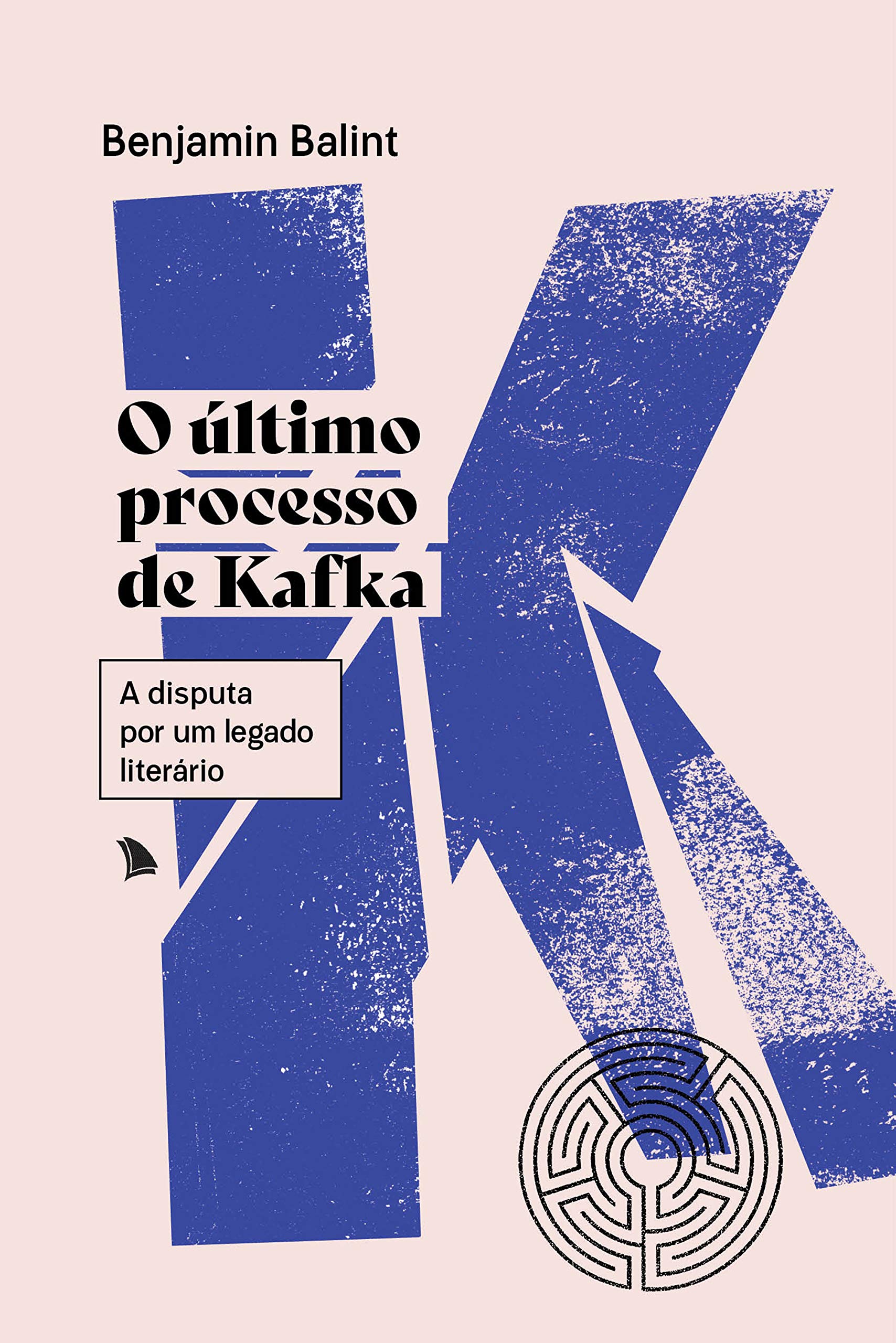What do you think?
Rate this book


251 pages, Kindle Edition
First published September 18, 2018

In centering on the question of who can claim to be Kafka's true heirs, the trial threw into stark relief the very different ways Israel and Germany remain freighted by their ruptured pasts and by the noble lies on which their healing depended. Each attempted to connect a national "we" with Kafka's name. Seen through that aperture, the trial offered an object lesson on how Germany's claim on a writer whose family was decimated by the Holocaust is entangled with the country's postwar attempt to overcome its shameful past. As we have seen, the trial also reawakened a longstanding debate about Kafka's ambivalence toward Judaism and the prospects of a Jewish state--and about Israel's ambivalence toward Kafka and toward Diaspora culture.
"'Art is never owned, neither by its patrons nor even by the artists themselves,' the poet Joseph Brodsky wrote. The trial laid bare a possessiveness over the artistic legacy of the least possessive of men. Reiner Stach writes of Kafka: 'There is not a single known episode in his life in which he displayed possessiveness.' Not so kafka's would-be heirs in Israel and Germany who forgot that Kafka is not theirs; if anything, they are his." (219)